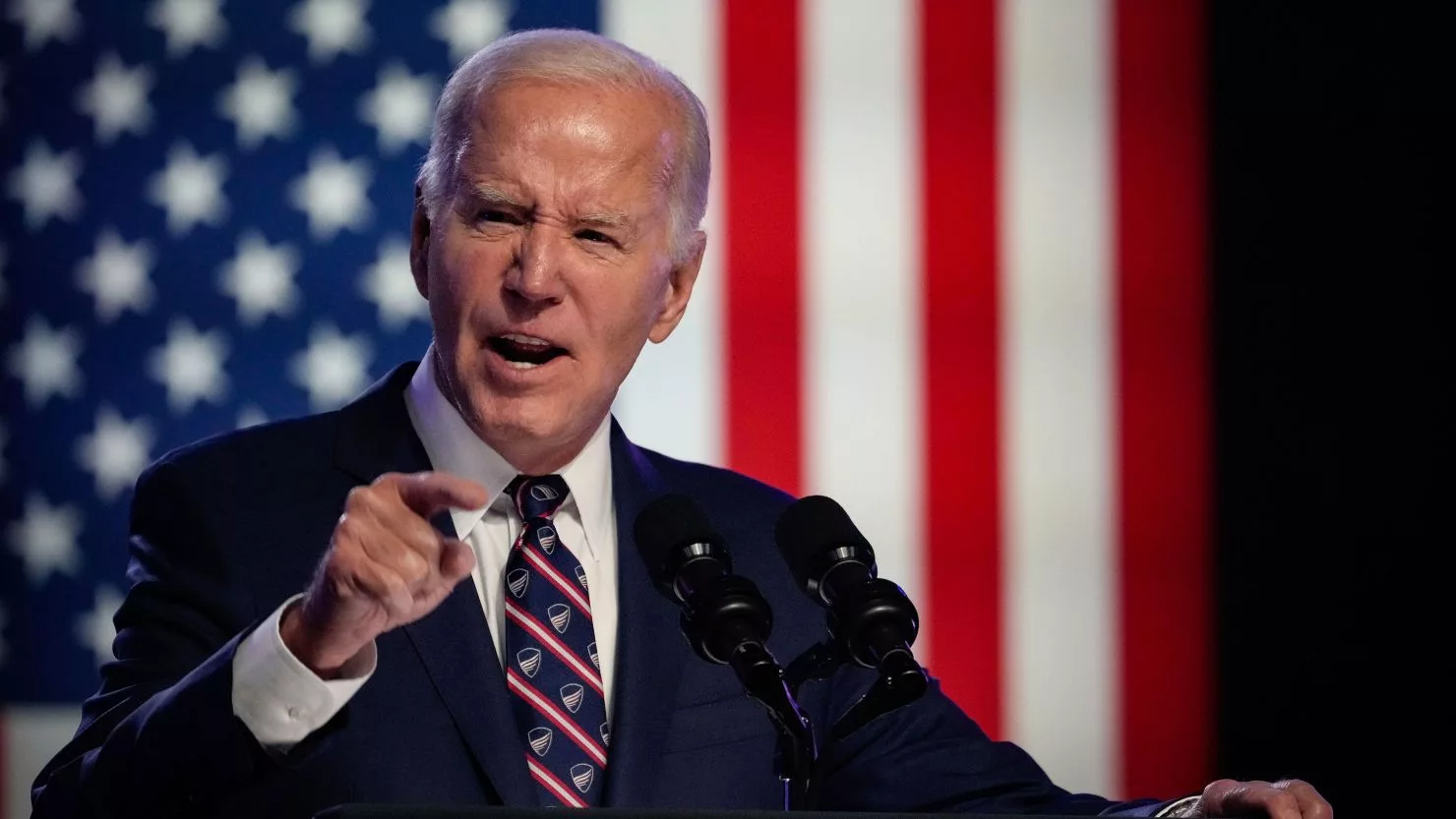
Trump Voids Biden's Pardons, Claims Autopen Signatures Invalid
President Donald Trump has declared all presidential pardons issued by Joe Biden using an autopen to be invalid and void, creating unprecedented legal uncertainty.
The controversy centers on high-profile pardons granted to General Mark Milley, Dr. Anthony Fauci, and January 6th Committee members. Trump argues that presidential pardons require direct, personal approval and cannot be executed by an autopen - a device that mechanically replicates signatures.

Biden at White House podium
Constitutional experts are divided on this issue:
- Some argue that pardons remain valid unless fraud or coercion is proven
- Others suggest pardons without personal presidential signatures could be legally challenged
- The Justice Department is expected to provide guidance
- Court challenges are likely from affected individuals
Trump announced his decision on Truth Social, stating: "The 'Pardons' that Sleepy Joe Biden gave to the Unselect Committee of Political Thugs, and many others, are hereby declared VOID, VACANT, AND OF NO FURTHER FORCE OR EFFECT, because of the fact that they were done by Autopen."
Key implications:
- Sets potential precedent for future presidential pardons
- Raises questions about executive power limits
- Creates uncertainty for pardon recipients
- May lead to significant court battles
The controversy has intensified partisan divisions, with Trump supporters viewing it as a correction of politically motivated pardons, while Biden allies consider it an illegal overreach of presidential authority.

Newspaper WordPress Theme
This unprecedented situation continues to develop as legal challenges are expected to determine the validity of Trump's declaration and its impact on presidential pardon authority.
